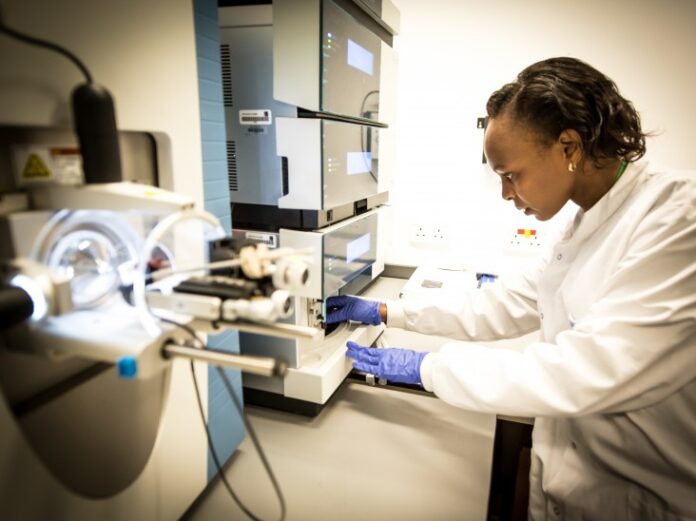Uganda has taken a significant step towards implementing the Global Guidance Framework for the responsible use of life sciences, aimed at mitigating biorisks and governing dual-use research. This decision was a result of a regional workshop held in Nairobi, Kenya, from January 24 to 25, 2023, where Uganda committed to piloting the framework within its borders.
To initiate the operationalization of the framework in Uganda, a 3-day national stakeholders’ workshop was conducted in Kampala from November 21 to 23, 2023. The event, coordinated by the Office of the Prime Minister and supported by the WHO Country Office for Uganda, the Regional Office for Africa, and WHO headquarters, gathered over 80 participants from various sectors, including human and nonhuman health, environment, defense, security, and relevant international organizations.
The workshop focused on three main objectives: presenting an overview of the framework and the pilot project, fostering an in-depth understanding of Uganda’s current biosafety and biosecurity landscape, and identifying specific applications of the framework to the country’s unique situation. Throughout the event, participants engaged in sessions that included presentations, panel discussions, working group discussions, and plenary sessions, encouraging active participation and collaboration.
Key presentations encompassed an introduction to the framework by WHO headquarters, regional strategies on biorisks and dual-use research by the WHO Regional Office for Africa, an overview of Uganda’s biosafety and biosecurity capacity and regulations, and an introduction to the pilot project by the WHO Country Office for Uganda.
The workshop culminated in the crafting of a roadmap for the effective domestication and implementation of the framework in Uganda. This roadmap outlined key steps, including the establishment of a high-level multisectoral National Steering Committee and a Technical Working Group, crucial for guiding Uganda’s pilot project. Strategies also involved strengthening stakeholder engagement, international collaboration, capacity building, communication awareness, research oversight, advocacy for resources, and enhancement of monitoring and evaluation systems.
Despite the stakeholders’ recognition of the framework’s relevance, challenges were identified, including the absence of legislation for biosafety and biosecurity in Uganda and limited resources. The workshop participants, however, demonstrated a commitment to overcoming these challenges through collaborative efforts, capacity building, and strategic planning.
In conclusion, the workshop marked a significant milestone in Uganda’s journey to implement the Global Guidance Framework. The crafted roadmap provides a clear direction, ensuring the framework’s cost-effective and efficient integration into Uganda’s biosafety and biosecurity landscape. A detailed report of the workshop will be published, reflecting the commitment of Uganda to responsible life sciences use and the governance of dual-use research.
















 The African Research (AR) Index is a comprehensive scholarly directory and database focused explicitly on journal publishers that publish and disseminate African research.
The African Research (AR) Index is a comprehensive scholarly directory and database focused explicitly on journal publishers that publish and disseminate African research.

